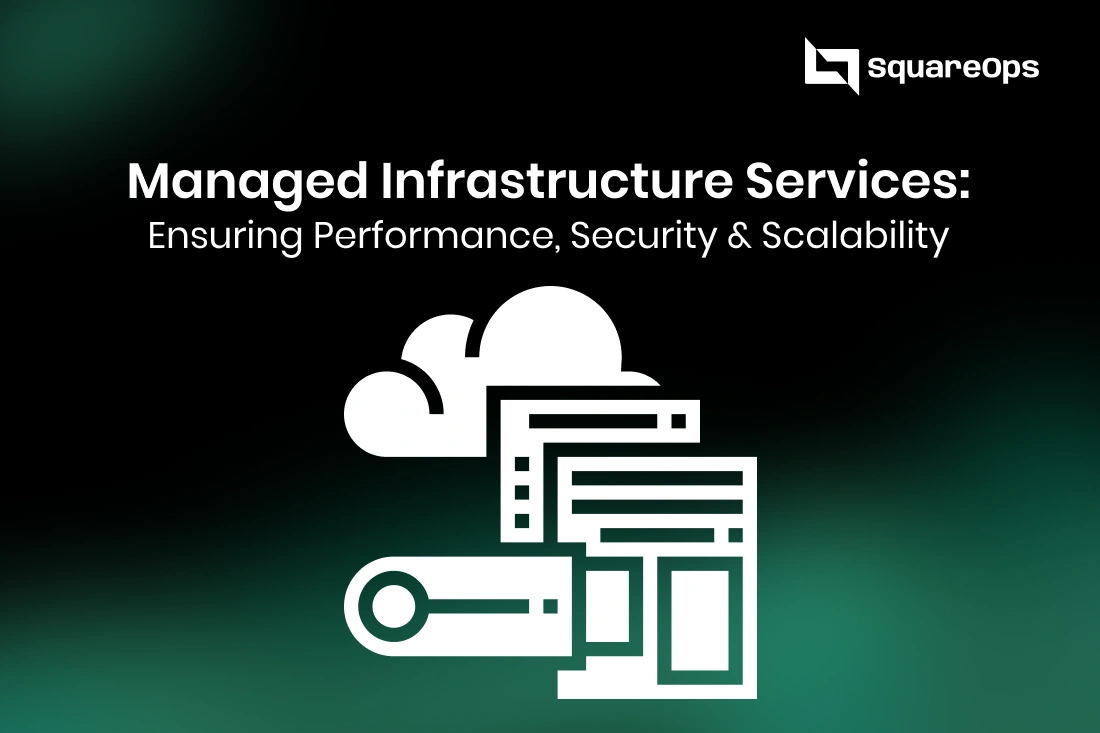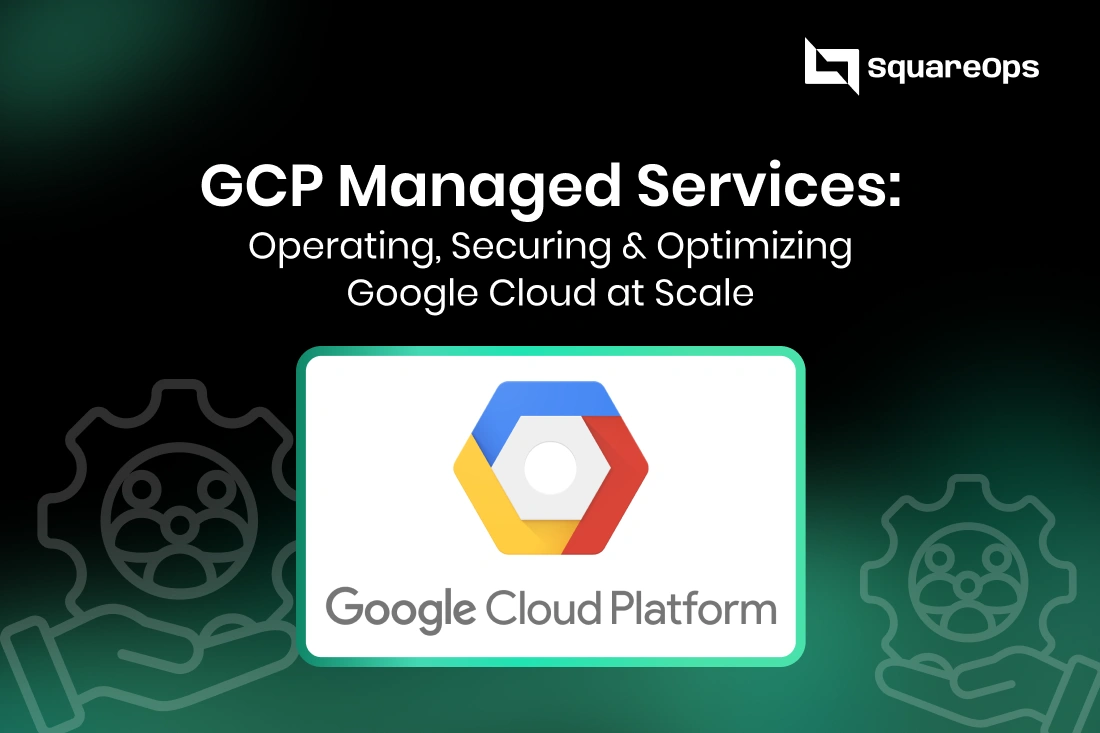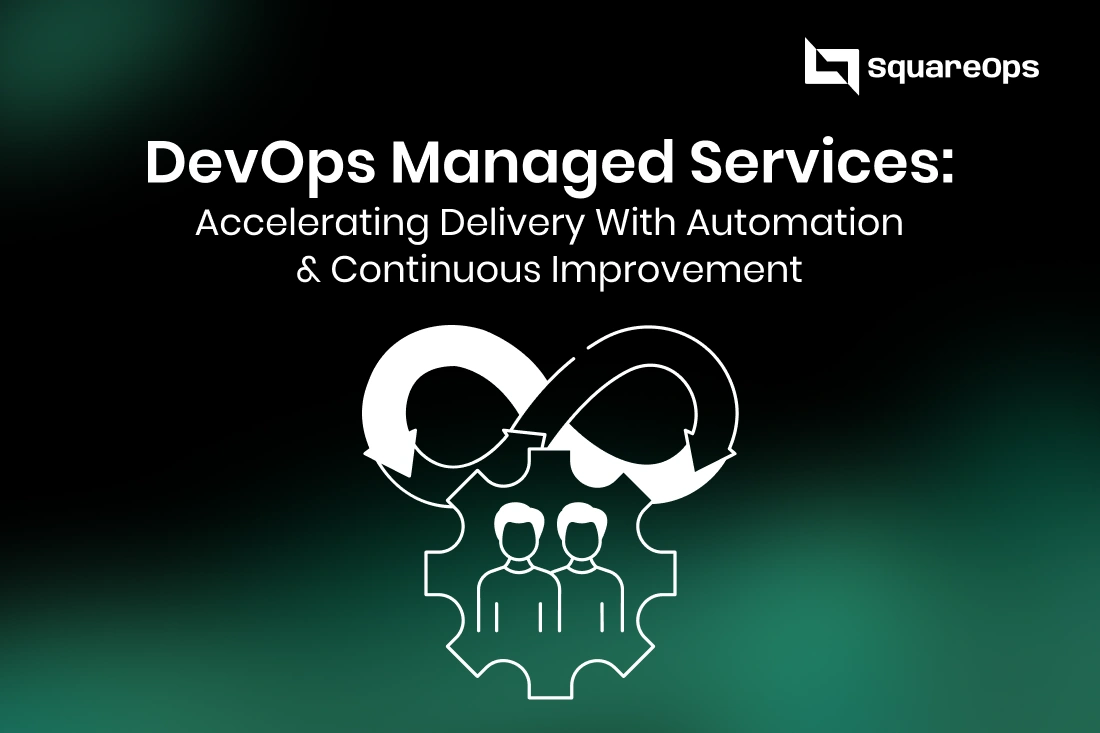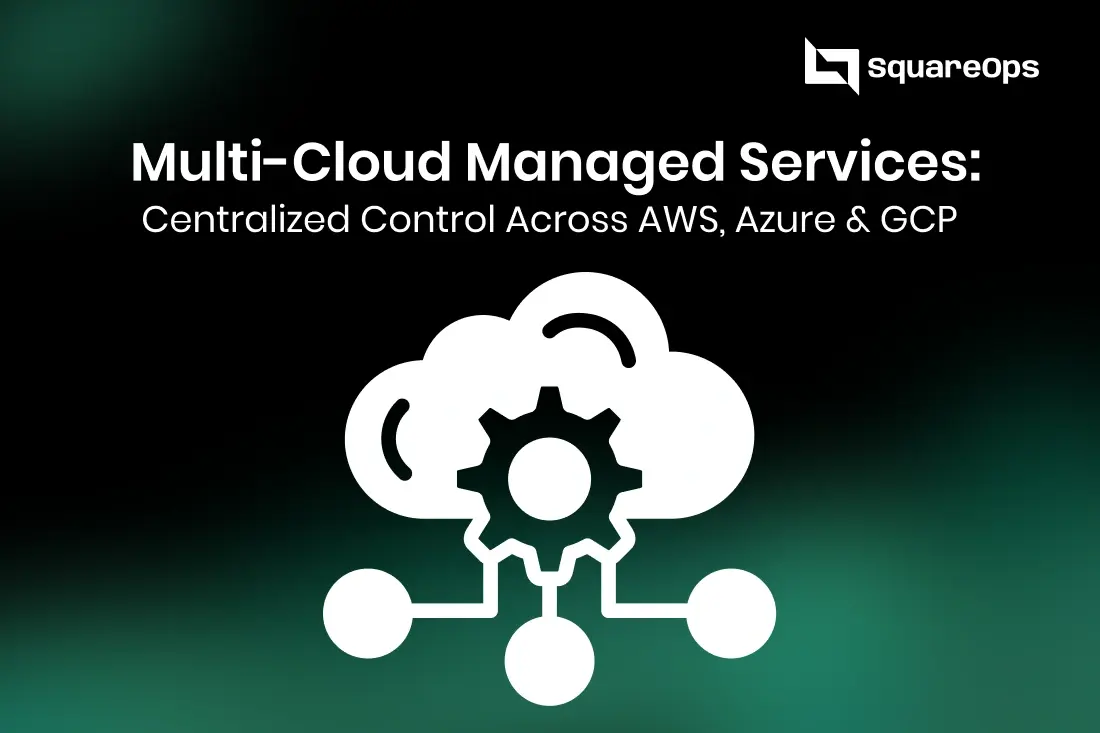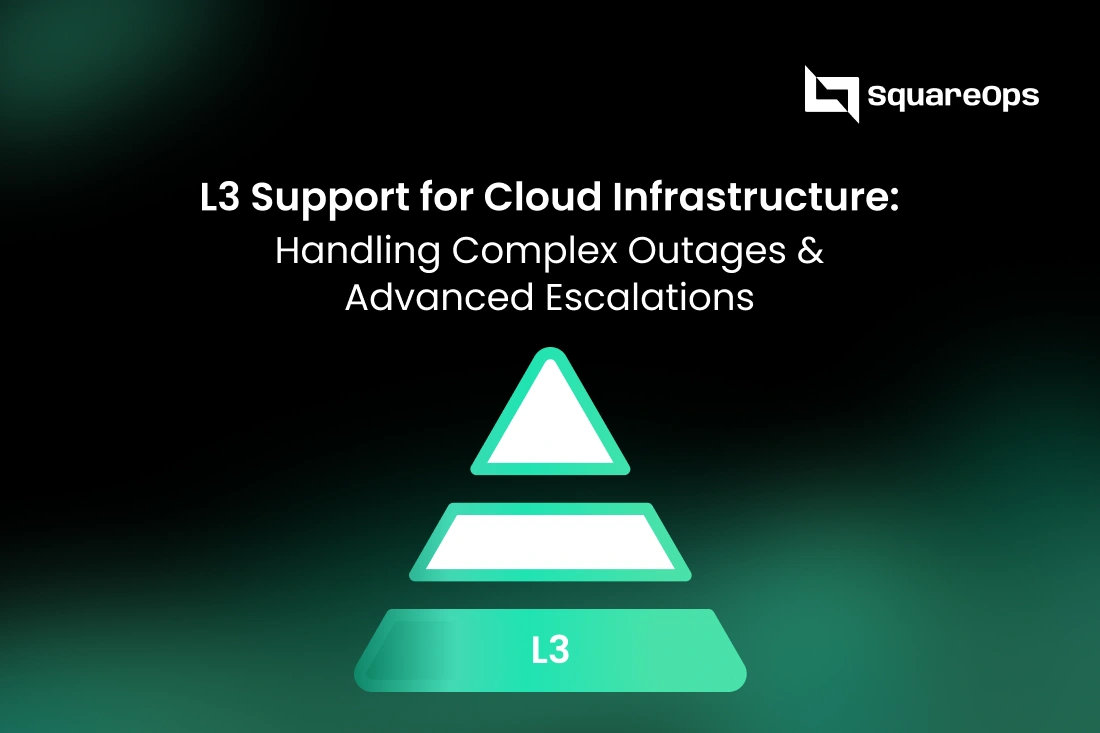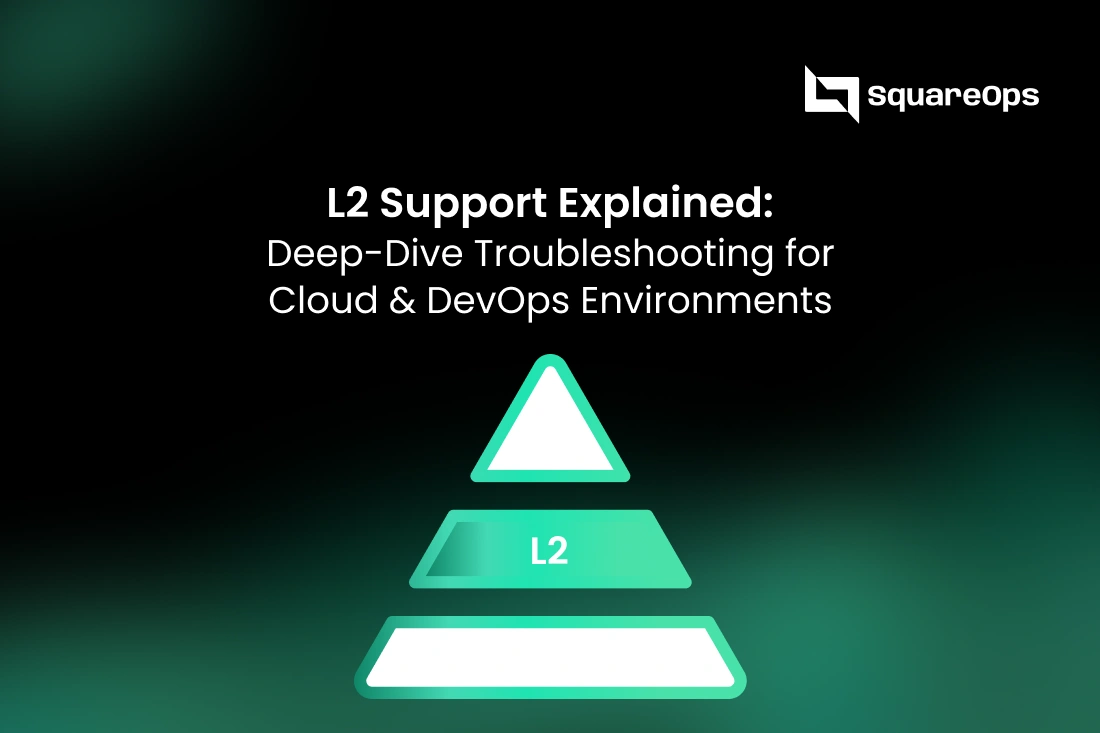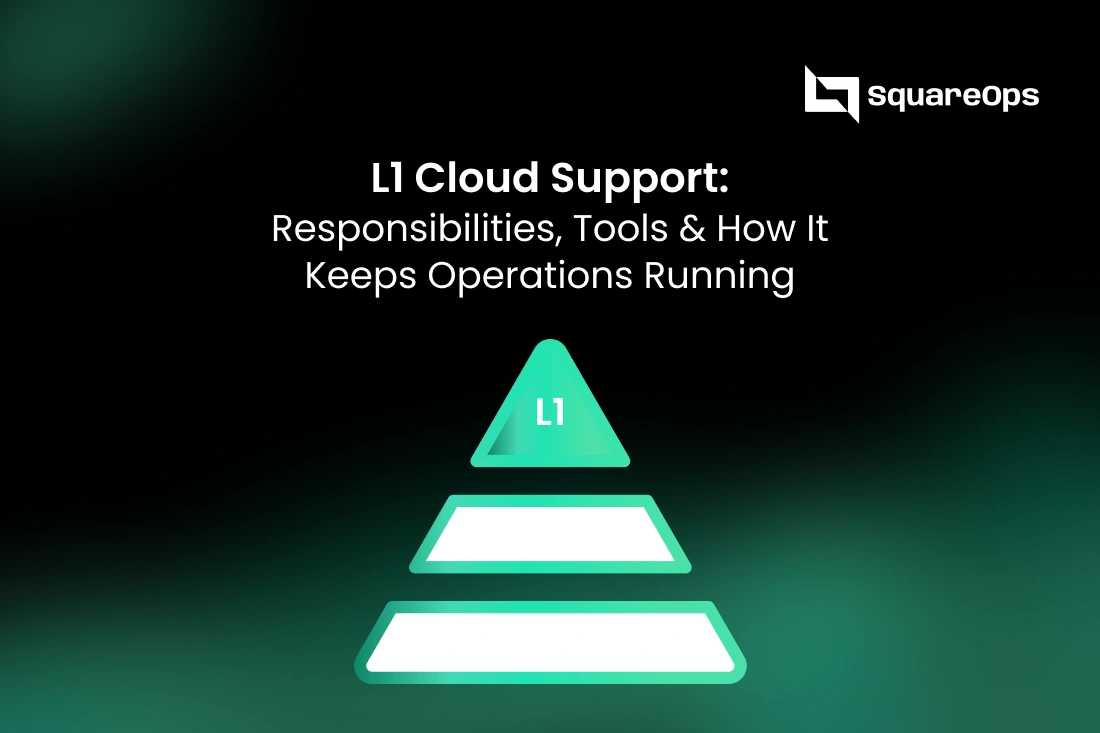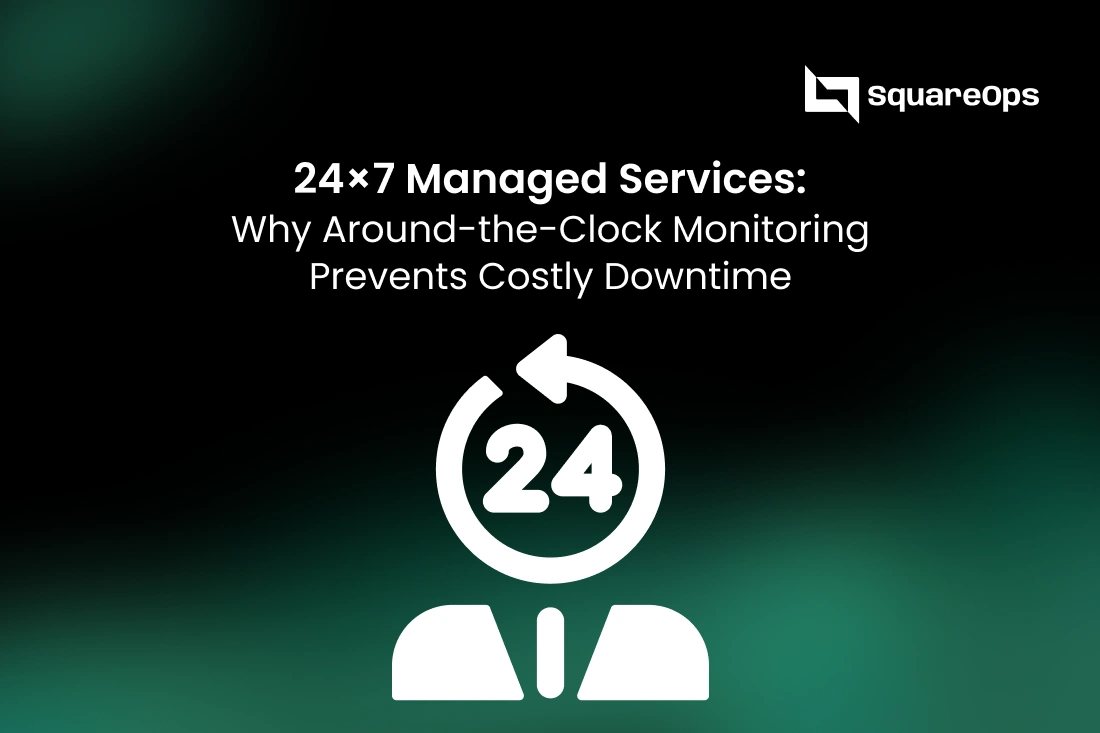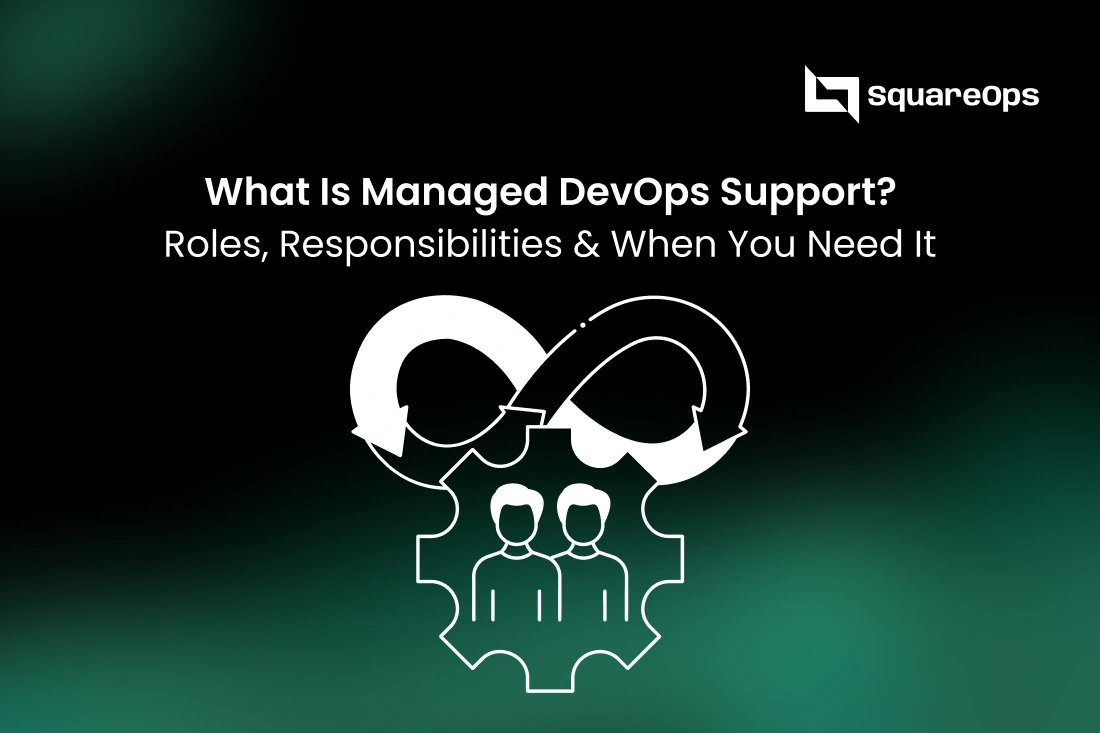Today’s enterprises face constant pressure to deliver projects faster, at scale, and with fewer errors. Customers demand seamless digital experiences, while internal stakeholders expect rapid innovation. Unfortunately, traditional IT models, characterized by manual deployments, siloed teams, and lengthy approval chains, often hinder progress.
The solution? Azure DevOps Managed Services.
By combining Microsoft’s Azure DevOps platform with managed DevOps services, enterprises can accelerate project delivery, improve collaboration, and optimize costs. Whether launching a new application or scaling global infrastructure, enterprise DevOps services powered by Azure can make the difference between stagnation and success.
In this blog, we’ll explore five ways Azure DevOps Managed Services accelerate enterprise projects, plus the added benefits for long-term scalability.
What Are Azure DevOps Managed Services?
Azure DevOps Managed Services involve outsourcing the management, optimization, and support of Azure DevOps environments to a trusted DevOps service provider. Instead of handling everything in-house, enterprises partner with certified consultants who:
- Set up and automate CI/CD pipelines.
- Manage Infrastructure as Code (IaC) for scalable, repeatable deployments.
- Provide 24/7 DevOps support services and monitoring.
- Embed DevSecOps practices into every workflow.
- Optimize costs and ensure compliance across enterprise environments.
Think of Azure DevOps Managed Services as an accelerator that frees enterprises from operational burdens while maximizing speed, security, and scalability.
1. Accelerating CI/CD Automation
The Challenge:
Manual builds, tests, and deployments are error-prone and slow down release cycles. Enterprises often spend weeks moving code from development to production.
The Solution:
Azure DevOps Managed Services set up fully automated CI/CD pipelines that:
- Integrate code changes frequently (Continuous Integration).
- Automate unit, integration, and security testing.
- Deploy applications seamlessly across environments (Continuous Delivery).
The Impact:
- Reduced deployment times from weeks to hours.
- Higher-quality releases with fewer post-deployment issues.
- Faster feedback loops for developers and stakeholders.
Example Tools:
- Azure Pipelines
- GitHub Actions (integrated with Azure)
- Jenkins (if hybrid DevOps needed)
CI/CD automation is the cornerstone of enterprise DevOps services, ensuring that new features reach customers faster and safer.
2. Seamless Enterprise Cloud Integration
The Challenge:
Enterprises often run workloads across multiple clouds, such as Azure, AWS, and GCP, or in hybrid environments. Without integration, managing deployments becomes complex and inconsistent.
The Solution:
Managed providers integrate Azure DevOps for enterprises with diverse environments:
- Multi-cloud deployments with consistent workflows.
- Hybrid cloud setups bridging on-premises and cloud infrastructure.
- Centralized dashboards for unified monitoring and governance.
The Impact:
- Consistency in builds, tests, and releases across all environments.
- Improved agility for enterprises adopting multi-cloud strategies.
- Reduced risk of misconfigurations and downtime.
Example Use Case:
A global enterprise uses Azure DevOps managed services to deploy workloads simultaneously to Azure and AWS, ensuring redundancy, resilience, and scalability.
3. Scaling Infrastructure On Demand
The Challenge:
Enterprise workloads aren’t static. During seasonal demand spikes, traffic can grow 10X overnight. Without scalable infrastructure, downtime and lost revenue follow.
The Solution:
Azure DevOps Managed Services configure auto-scaling infrastructures with:
- Azure Kubernetes Service (AKS) for container orchestration.
- Terraform + ARM templates for Infrastructure as Code.
- Automated scaling policies triggered by traffic and performance metrics.
The Impact:
- Applications scale instantly to meet demand.
- Enterprises avoid overprovisioning and wasted resources.
- Projects can support millions of users globally without downtime.
Example Use Case:
A retail enterprise scales workloads during Black Friday sales using AKS clusters auto-provisioned via Terraform ensuring zero downtime and optimal performance.
4. Embedding Security and Compliance (DevSecOps)
The Challenge:
Security breaches and compliance failures pose significant risks to enterprises. Traditional security models treat security as an afterthought, slowing down projects when audits arrive.
The Solution:
Azure DevOps Managed Services embed DevSecOps practices directly into pipelines:
- Automated compliance scans (GDPR, HIPAA, PCI DSS).
- Role-based access controls (Azure IAM).
- Real-time security monitoring and alerting.
- Vulnerability scans integrated with CI/CD pipelines.
The Impact:
- Security becomes part of the workflow, not a roadblock.
- Enterprises meet regulatory requirements automatically.
- Reduced risk of downtime due to breaches or penalties.
With DevSecOps embedded, enterprises accelerate projects without compromising compliance.
5. Optimizing Costs and Efficiency
The Challenge:
Cloud bills spiral when resources aren’t optimized. Enterprises often overspend by 20–40% due to idle environments, oversized VMs, and inefficient workflows.
The Solution:
Azure DevOps Managed Services include cloud cost optimization strategies:
- Rightsizing virtual machines and databases.
- Leveraging Azure Reserved Instances for predictable workloads.
- Automating shutdowns of non-production environments.
- Monitoring usage to identify waste.
The Impact:
- Enterprises save 20–40% on cloud costs.
- Budgets shift from operations to innovation.
- Cost visibility improves with detailed reports and alerts.
Cost optimization ensures enterprises scale smartly without draining budgets.
Benefits of Azure DevOps Managed Services Beyond Speed

While acceleration is the headline benefit, managed services deliver additional enterprise advantages:
- 24/7 DevOps Support Services: Round-the-clock monitoring and incident response.
- Access to Certified Experts: Azure DevOps consulting from certified specialists.
- Improved Reliability: SLAs ensuring 99.99% uptime.
- Focus on Innovation: Internal teams can focus on products while outsourcing operations.
- Enterprise-Grade Governance: Centralized policies for large, complex organizations.
Case Study: Enterprise Scaling with Azure DevOps Managed Services
Background:
A global financial services enterprise faced challenges with compliance, slow releases, and scaling limitations.
Problems:
- Manual deployments delayed releases.
- Compliance audits caused project bottlenecks.
- Scaling issues led to downtime during peak usage.
Solution:
- Engaged an Azure DevOps Managed Services provider.
- Automated CI/CD pipelines using Azure Pipelines.
- Implemented Infrastructure as Code with Terraform.
- Integrated compliance workflows for financial regulations.
Results:
- Deployment cycles reduced from 6 weeks to 1 week.
- Compliance checks embedded directly in pipelines.
- Uptime improved to 99.99% during global financial reporting.
- Overall cloud spend reduced by 30%.
The enterprise transformed its delivery model, proving the power of managed DevOps services.
The Future of Enterprise DevOps Services with Azure
Looking ahead, Azure DevOps Managed Services will play an even larger role in enterprise acceleration:
- AI-Powered DevOps (AIOps): AI-driven monitoring and incident response.
- Serverless-First Projects: Enterprises adopting Azure Functions for faster innovation.
- Hybrid + Multi-Cloud Expansion: Seamless pipelines across Azure, AWS, and GCP.
- DevSecOps Everywhere: Security-first as the default model.
- Outcome-Based Pricing: Enterprises paying providers based on project acceleration and uptime improvements.
Conclusion:
For enterprises under pressure to deliver faster, more reliable, and cost-effective projects, Azure DevOps Managed Services provide the ultimate accelerator.
By partnering with a trusted provider, enterprises can:
- Automate CI/CD pipelines.
- Integrate multi-cloud deployments seamlessly.
- Scale infrastructure globally without downtime.
- Embed security and compliance into every workflow.
- Optimize cloud costs by 20–40%.
At SquareOps, we deliver enterprise DevOps services powered by Azure DevOps, ensuring your projects achieve speed, reliability, and compliance.
![5 Ways Azure DevOps Managed Services Can Accelerate Your Enterprise Projects [UPDATED] | SquareOps](https://squareops-public-data.s3.ap-south-1.amazonaws.com/uploads/migrated/1767862164211-aa1915f44d7f-5-Ways-Azure-DevOps-Managed-Services.webp)
